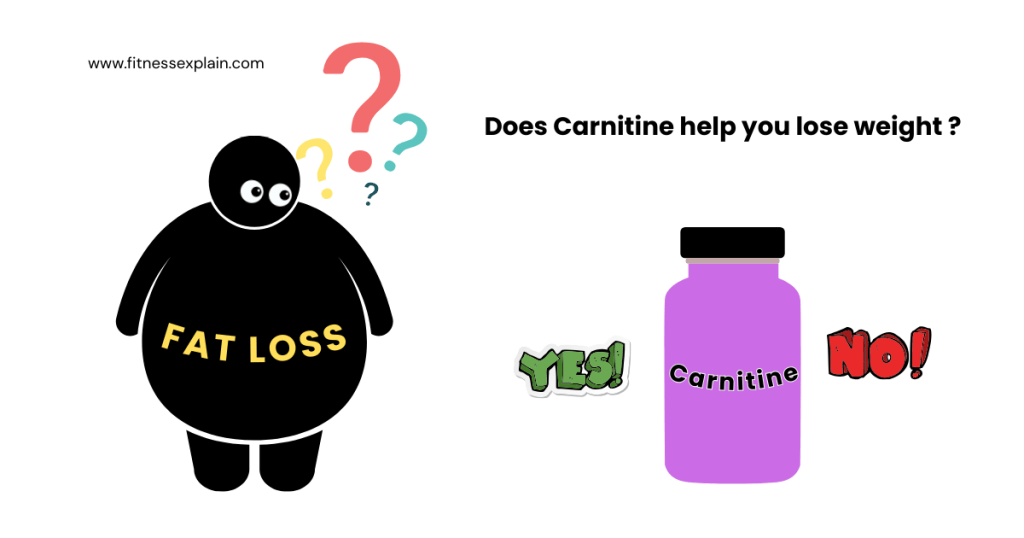Amino acid supplements have long been revered for their potential fitness benefits, and among them stands Carnitine. We discover three distinct supplement forms: Acetyl-L-Carnitine (ALCAR), Glycine Propionyl L-Carnitine (GPLC), and L-Carnitine L-Tartrate (LCLT). Each form is touted for its unique advantages, from cognitive preservation to potential anti-aging properties.
Here's what we'll be covering in this article
Role of Carnitine In Our Body

Carnitine, in general, serves as a binding agent for long-chain fatty acids, ushering them into the mitochondria for fuel metabolism. While our bodies can naturally produce carnitine, dietary intake has been shown to increase its concentration, prompting the question, Should we take carnitine supplements to maximize gains ?
Research Studies
Examining the research on carnitine’s impact on power output yields a mixed bag. Some studies hint at acute improvements, yet others demonstrate a decrease in power output over an extended period. Aerobic endurance shows a modest uptick, but only with significantly higher dosages, challenging the practicality of such supplementation. Despite potential benefits in reducing tissue damage through nitric oxide enhancement, the overall practical advantages of carnitine supplementation remain uncertain.
Does carnitine help you lose weight ?
Considering carnitine’s pivotal role in mitochondrial fatty acid transport, one might assume a direct correlation with fat loss. However, studies indicate otherwise. Supplementation, even in elevated amounts, fails to yield significant fat loss benefits. It appears that the body’s inherent ability to produce carnitine is sufficient to maximize its advantages, suggesting that providing more doesn’t necessarily equate to more benefits.

Carnitine supplements may find a place of significance in populations with potential deficiencies, such as vegans, vegetarians, those on extreme calorie deficits, or the elderly. For the average individual maintaining a balanced diet with sufficient protein intake, carnitine supplementation may warrant a second thought. In the grand scheme of things, the decision to include carnitine supplements in your routine hinges on various factors. While it might hold promise for specific populations, a broad recommendation for everyone might not be justified. As with any supplement, individual responses can vary, so it’s essential to consider personal health goals and dietary habits.
Carnitine side effects
If you are taking carnitine supplement, Sometimes it may show potential side effects on some individuals. Common side effects include nausea, vomiting, stomach upset, and diarrhea. In some cases, individuals may experience a fishy odor in their breath, urine, or sweat. Additionally, there are concerns about increased trimethylamine-N-oxide (TMAO) levels. As with any supplement, if you have pre-existing health conditions or are taking medications, consult with a healthcare professional before incorporating Carnitine into your routine.
What are your thoughts on carnitine supplements? Have you found them worth incorporating into your routine? Share your experiences and insights in our Fitness Forum. As always, thank you for reading, and remember, you can naturally boost your carnitine levels by ensuring an adequate intake of protein in your diet.




